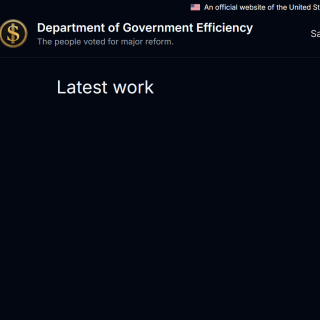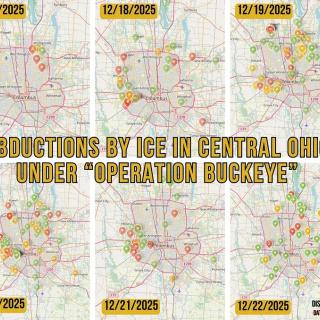Advertisement
Ordinary people have extraordinary power.
That’s the philosophy behind Defund Injustice, a newly formed coalition based in Columbus that seeks to organize the people’s power of the purse. In a consumer-driven economy, the power of the purse is king. Where people choose to spend and invest their money can be a remarkably persuasive driver of social change. The same can be said of where cities choose to spend and invest taxpayer dollars.
Take, for example, the recent consumer-driven change in the production of eggs. Twenty years ago there were three types of eggs widely available to consumers: small, medium and large. The recent, and growing, interest in more humane egg production practices has resulted in the widespread availability of cage-free and free-range eggs. Last year major restaurant chains, like McDonalds, Taco Bell and Dunkin Donuts, promised to use cage-free eggs in their food production.
On a larger scale, moving public investments away from socially objectionable projects (divestment) has been a successful tactic in fighting apartheid in South Africa, violence in Darfur and tobacco and gambling. Divestment works because it both removes investment and further stigmatizes investment in objectionable projects.
What does this have to do with Columbus?
Building on the success of campaigns in Seattle, Albuquerque, Raleigh, Santa Monica, San Francisco and more, Defund Injustice seeks to change the playing field for ordinary Columbusonians by using the leverage of the dollar. To do this they will urge the City of Columbus to adopt an ordinance that removes operating and payroll funds from JP Morgan Chase (Chase Bank).
Why Chase Bank?
Chase Bank has been a creditor for Energy Transfer Partners’s investment in the 1,172 mile-long Dakota Access Pipeline (DAPL). DAPL has been the subject of international outcry, led by the Standing Rock Sioux tribe, but supported by the tribal governments of over 280 other tribes and allies from all over the world. This growing global resistance opposes DAPL because it threatens air and water resources in the region and further downstream, and because the pipeline trajectory is cutting through Native American sacred territories and unceded treaty lands.
Chase Bank has had many chances to withdraw support. Instead the bank has chosen to continue to contribute to the violence and destruction in North Dakota and to the appearance of legitimacy that allows companies like Energy Transfer Crude Oil Company, LLC to expand operations at a time of climate crisis.
In fact, Energy Transfer Partners is expanding in our own backyard. They are also a major investor in the Rover and Nexus pipelines that will cross Northeastern Ohio. Ohio’s Rover Pipeline recently received a preliminary injunction from a U.S. District Court Judge to prevent landowners from stopping construction crews from entering their land and clearing it in anticipation of pipeline construction. These pipelines are notorious for leaks. Just late last year a pipeline 150 miles from where protesters were taking action against DAPL, spilled 176,000 gallons of oil.
Chase Bank is also an investor in CoreCivic (formerly Corrections Corporation of America) and The GEO Group. These corporations are major players in the private prison industry and profit from mass incarceration and the criminalization of immigration. Living conditions in for-profit prisons are notoriously inhumane, with high rates of violence against inmates, problems with sanitation, quantity and quality of food, high wait lists for healthcare and higher rates of recidivism. In order to maximize their profits CoreCivic and The GEO Group also lobby for laws that further criminalize Americans, particularly Black Americans and other people of color.
Why Columbus?
The City of Columbus’s commitment to the environment deserves support, including recent initiatives to address recycling needs, redevelop brown fields, encourage sustainable development and redevelopment, and invest in renewable energy and green transportation options.
Mayor Andrew Ginther’s executive order that bars basing an arrest or the denial of city services based on a person’s immigration status, Columbus City Council’s plans to set up a legal defense fund to help refugees and immigrants in Central Ohio, and the recent hearing to investigate a ban on conversion therapy are steps in the right direction. Divestment from the socially and environmentally harmful investments of Chase Bank is a clear way for the city to live up to its values and do its part to address the climate and incarceration crisis.
“I started on this campaign the moment I realized it was possible,” says Heather Ralston, lead organizer of Defund Injustice. “The movement toward local civic engagement and front line defense against corporations too big to fail is beginning to empower people in a way I’ve never seen. I believe this is but a stepping stone to a more responsible and vibrant Columbus,”
To find out more about Defund Columbus and to get involved in their efforts, visit them on facebook, www.facebook.com/defundinjustice, or at their website, https://www.defundinjustice.com/. You can also email them at defundinjustice@gmail.com.



